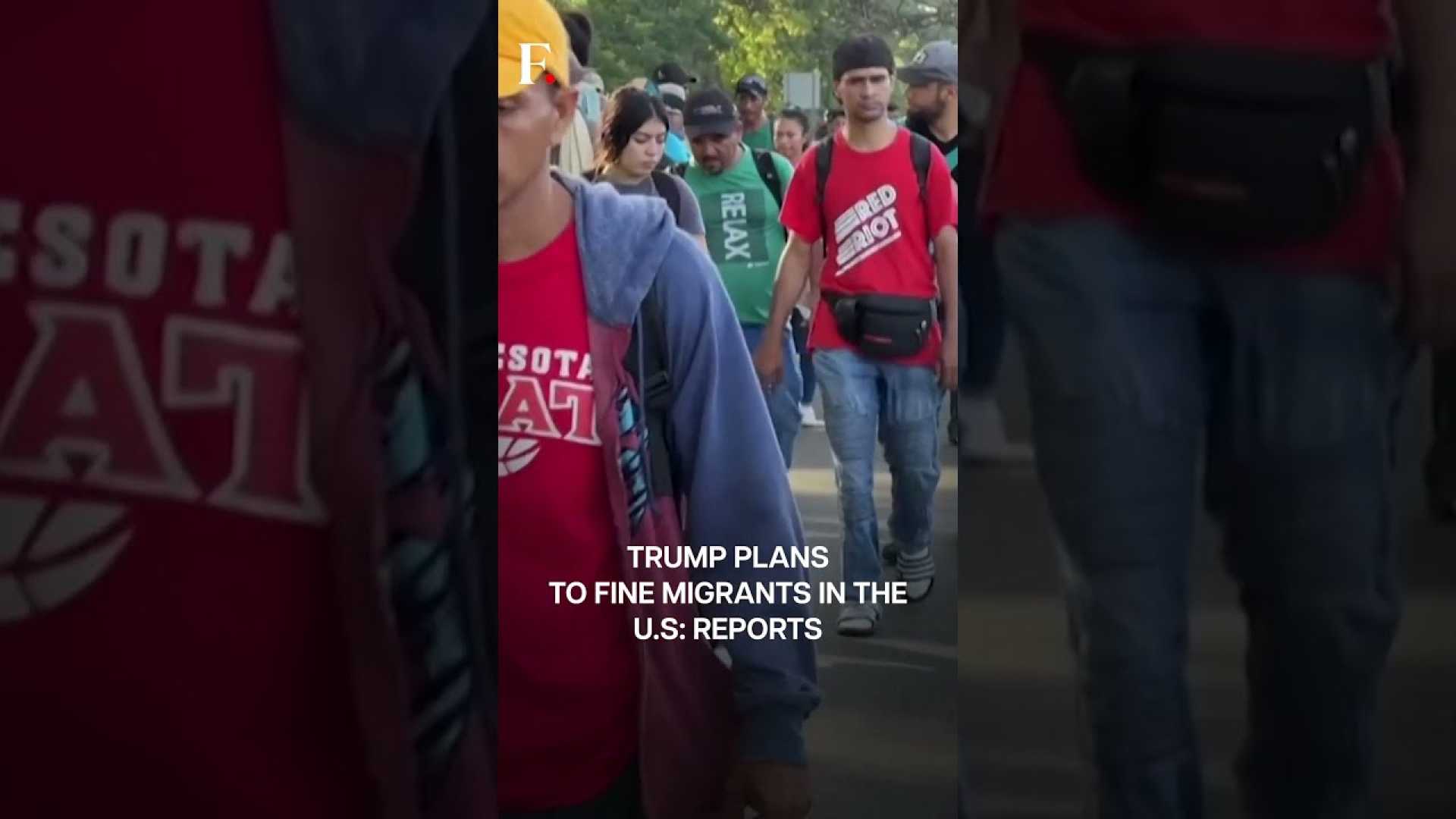Politics
Trump Administration Considers Fines and Property Seizures for Undocumented Migrants

WASHINGTON, April 8 — The Trump administration is planning to impose hefty fines on migrants who fail to leave the United States after receiving deportation orders. According to documents reviewed by Reuters, these individuals could be charged up to $998 per day if they do not comply, amid discussions of potentially seizing their property if fines go unpaid.
The proposed penalties hark back to a 1996 law that was enforced for the first time during President Donald Trump’s first term in office in 2018. A senior Trump official, who spoke anonymously to discuss non-public plans, indicated that the administration aims to apply these fines retroactively for up to five years, which could result in fines exceeding $1 million.
“If they don’t [self-deport], they will face the consequences,” said U.S. Department of Homeland Security (DHS) spokesperson Tricia McLaughlin, urging undocumented immigrants to use a mobile app formerly known as to “self-deport and leave the country now.”
The White House has directed U.S. Customs and Border Protection (CBP) to handle the penalties and potential asset seizures, with discussions also mentioning the involvement of the Department of Justice’s civil asset forfeiture division for enforcement. Emails obtained by Reuters showcase these discussions, emphasizing the seriousness of the administration’s intentions.
The fines are targeted at approximately 1.4 million migrants who have been ordered to leave the U.S. by immigration judges. During his previous term, Trump used this law to impose significant fines on several migrants seeking sanctuary in churches, although many were ultimately rescinded.
Scott Shuchart, a former top ICE policy official under President Biden, noted that while migrants may challenge these fines in court, the mere threat of penalties could create a climate of fear within immigrant communities.
“Their point isn’t really to enforce the law; it’s to project fear in communities,” Shuchart remarked.
Claims by immigration advocacy groups indicate that a substantial number of undocumented migrants reside in mixed-status households with U.S. citizens or permanent residents. According to research presented by the advocacy organization FWD.us, about 10 million undocumented immigrants live in these types of households. Additionally, an analysis by the Migration Policy Institute based on 2019 Census data revealed that 26% of families with unauthorized members have incomes below the federal poverty line.
While discussing the implementation of fines, email communications indicate internal disagreements over whether CBP or ICE should administer penalties and manage property seizures. A memo from CBP suggested that the agency’s existing systems are not equipped to manage these fines, predicting significant upgrades could incur additional costs and delays.
As of now, the initiation date for the fines remains uncertain. DHS has not provided comments regarding the technical details or Stephen Miller’s involvement in advancing the proposed policies.












